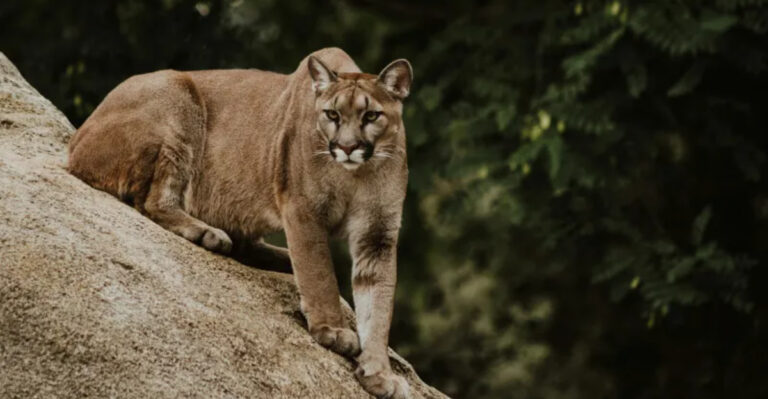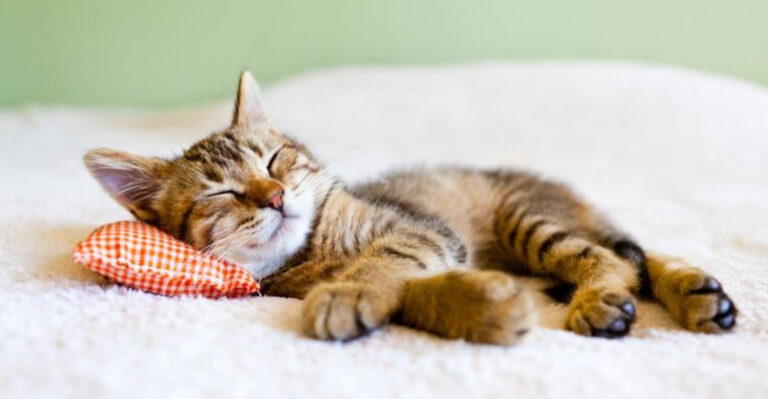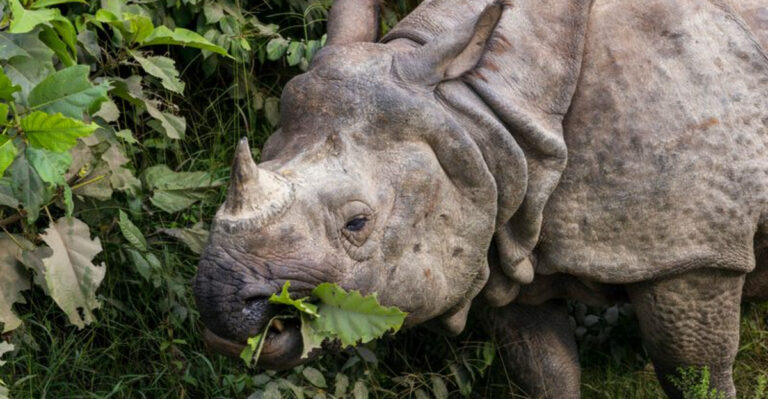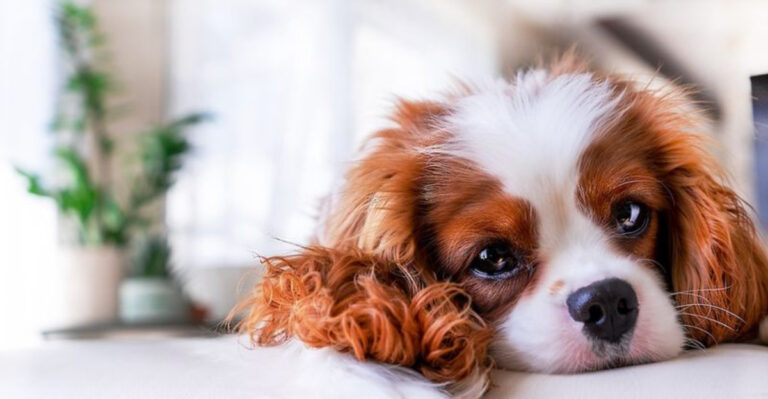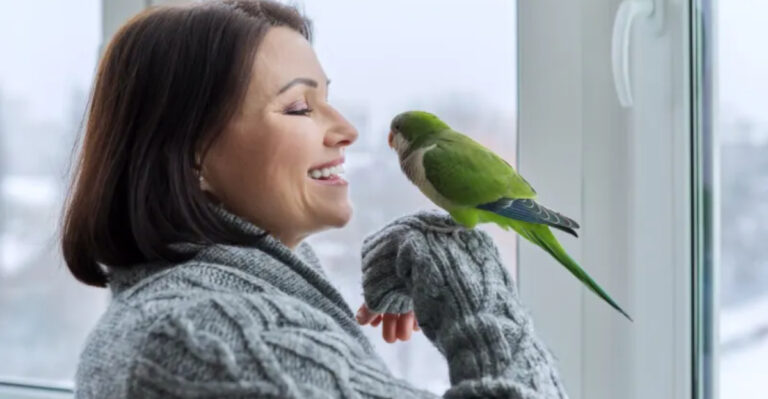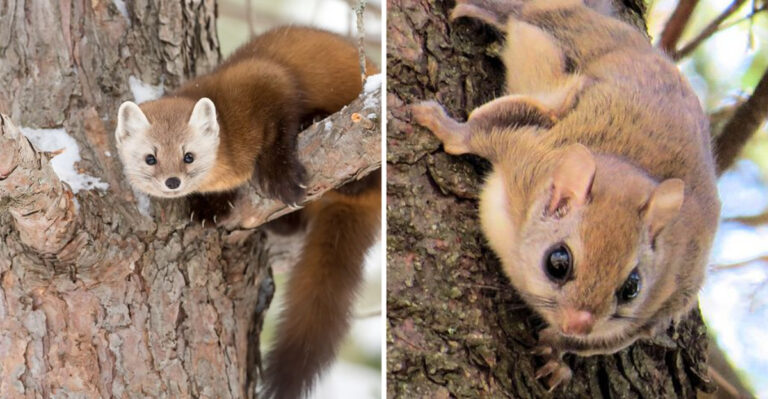15 Surprising Reasons Birds Might Pluck Their Own Feathers
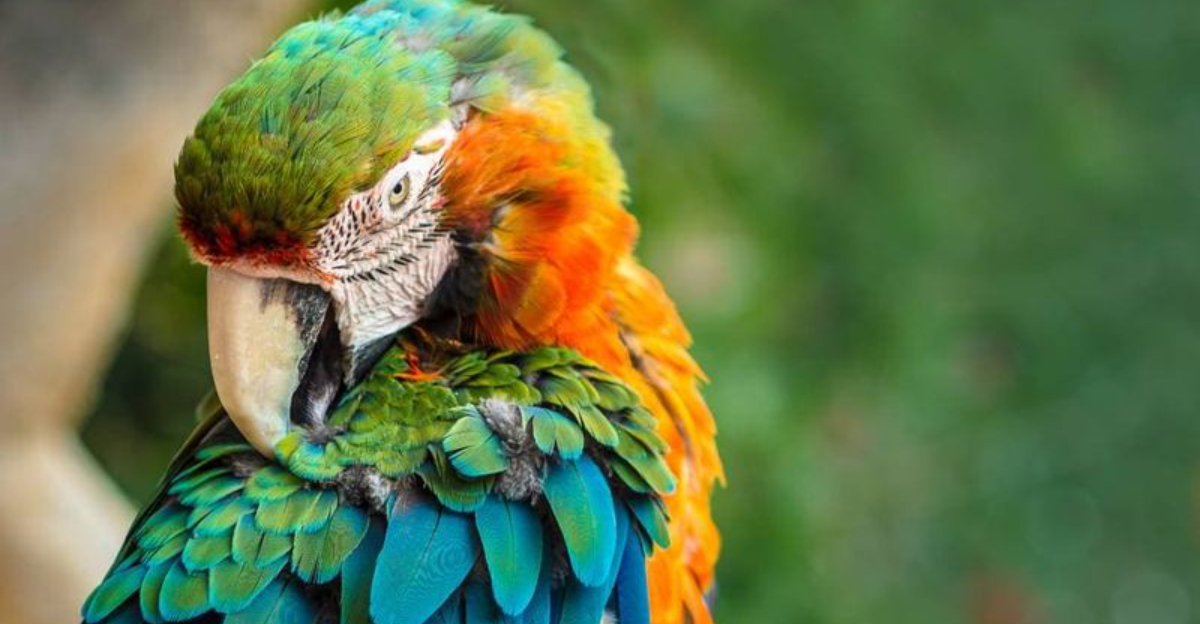
Feathers on the floor and bald patches on your bird? It might look dramatic, but feather-plucking isn’t just about being fussy with fashion.
Birds sometimes turn to this behavior for reasons that go far beyond the surface – think stress, boredom, or even hidden health issues.
Let’s take a peek into the quirky, surprising world of why our feathered friends might start giving themselves an unexpected trim.
1. Stress Relief
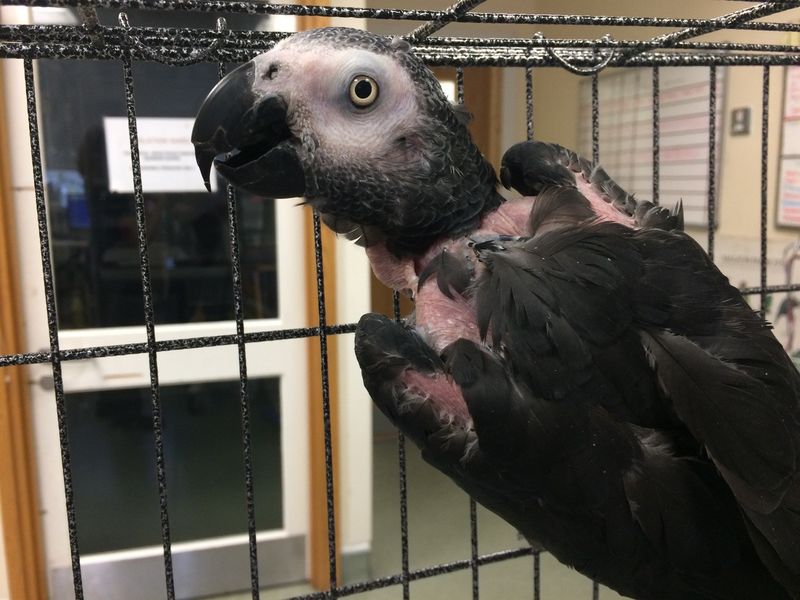
Imagine a parrot feeling overwhelmed like a student before a big exam. Birds sometimes pluck their feathers to cope with stress.
Changes in their environment, like a new pet or home, can trigger this behavior. Providing a stable and enriched setting can help reduce their anxiety.
2. Nutritional Deficiency
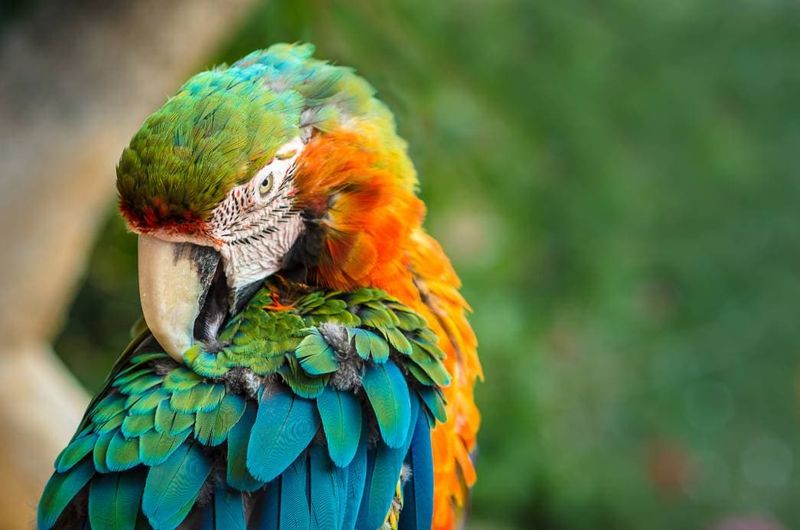
Just like us craving chocolate when low on energy, birds may pluck feathers if their diet is lacking. A deficiency in essential vitamins and minerals can lead to this behavior.
Ensuring a balanced diet with sufficient nutrients can curb their need to pluck. Consulting a vet for dietary advice might solve the mystery of missing feathers.
3. Boredom Troubles
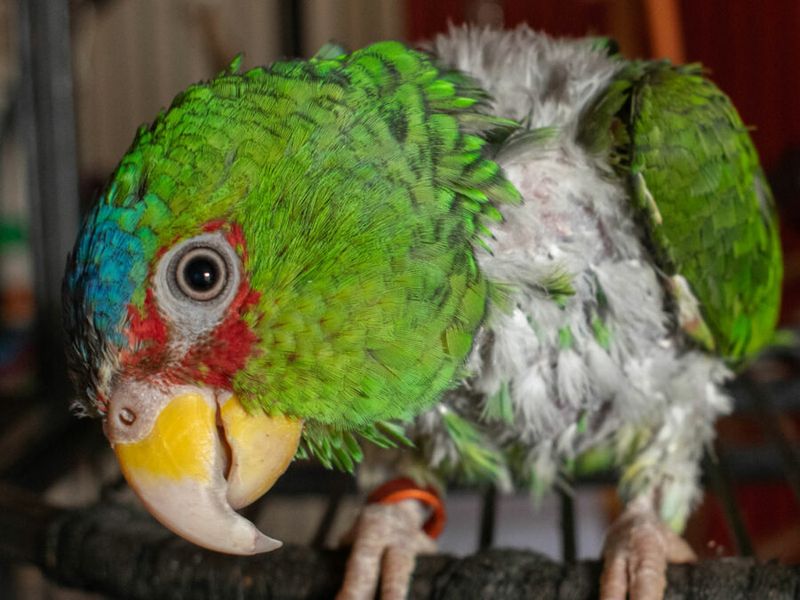
Ever found yourself doodling out of sheer boredom? Birds have their equivalent – feather plucking.
Without mental stimulation, a bird might resort to this habit. Engaging your bird in daily activities prevents them from turning their feathers into a boredom-busting game.
4. Skin Irritation
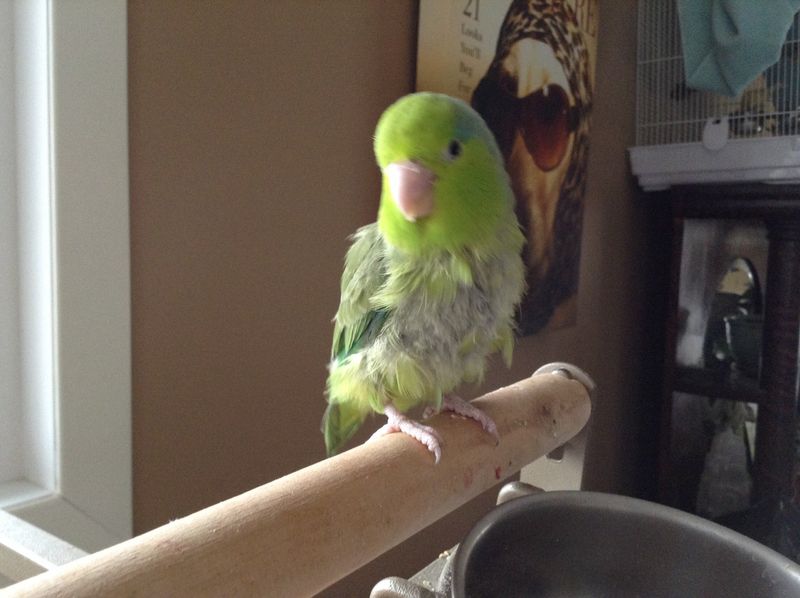
Skin irritation can provoke birds to pluck as they try to soothe their discomfort. Allergies, parasites, or infections often cause this annoyance. Identifying and treating the underlying issue can bring relief.
Regular vet check-ups ensure your bird’s skin remains itch-free and comfortable.
5. Hormonal Changes
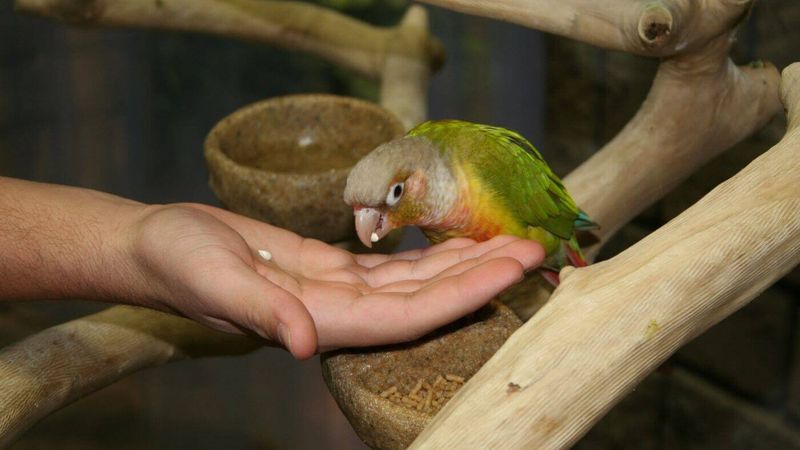
During hormonal changes, birds might pluck more than usual. Breeding season triggers this behavior as part of nest-building or mating rituals.
Keeping track of your bird’s cyclical changes helps manage their feathered fashion choices.
6. Attention-Seeking Behavior
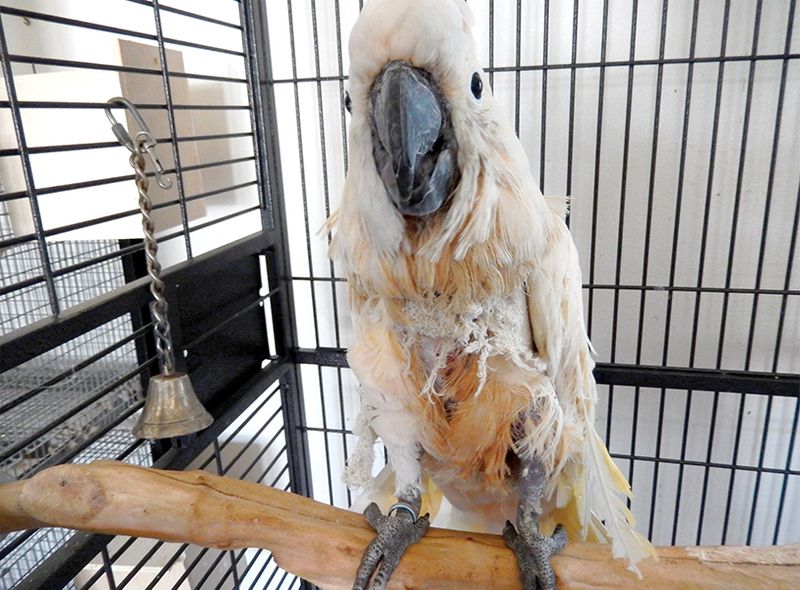
Some birds pluck feathers to grab their owner’s interest. Ensuring they get ample interaction and engagement can deter this attention-seeking habit.
Providing companionship and training sessions helps channel their need to be noticed constructively.
7. Environmental Changes
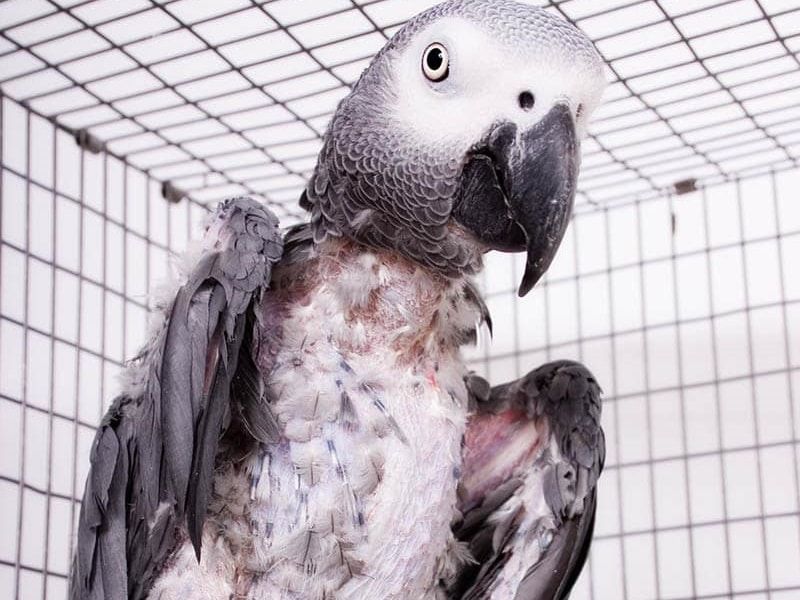
Imagine moving to a new city and the stress it brings. Birds experience similar anxiety when their surroundings change.
Feather plucking may arise as they adapt to new environments. Gradual introductions to changes help ease the transition.
8. Inadequate Socialization
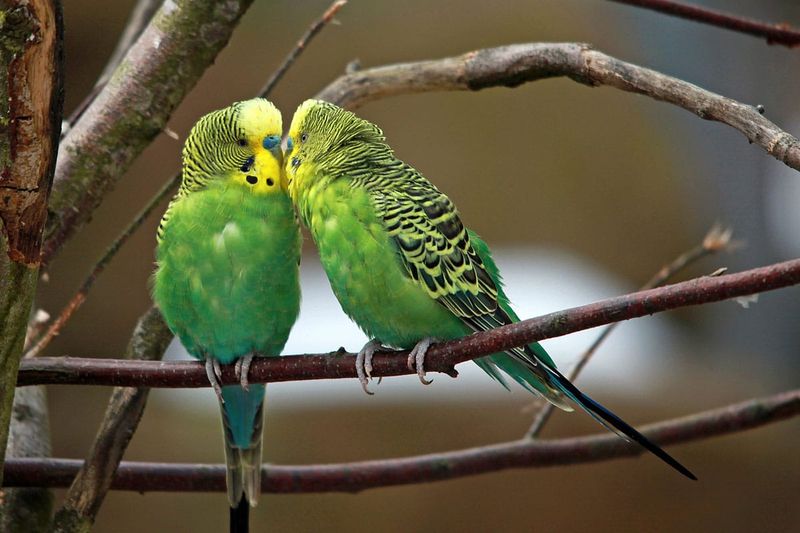
Remember feeling left out on the playground? Birds need socialization, too. Lack of interaction can lead to feather plucking as a coping mechanism.
Ensuring they have companions or regular playtime with humans can prevent loneliness.
9. Genetic Predisposition
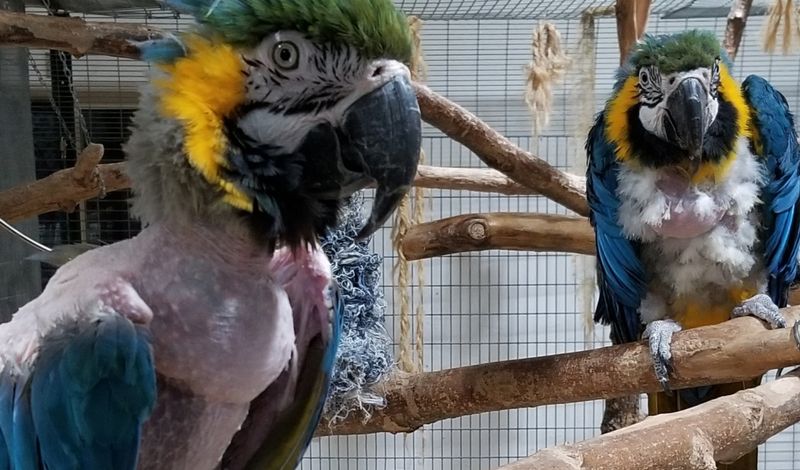
Some birds are just born with feather-plucking tendencies, much like inheriting curly hair. Genetic predisposition can make this behavior seem inevitable.
Regular grooming and enriching activities can minimize its impact on your bird’s appearance.
10. Noise Sensitivity
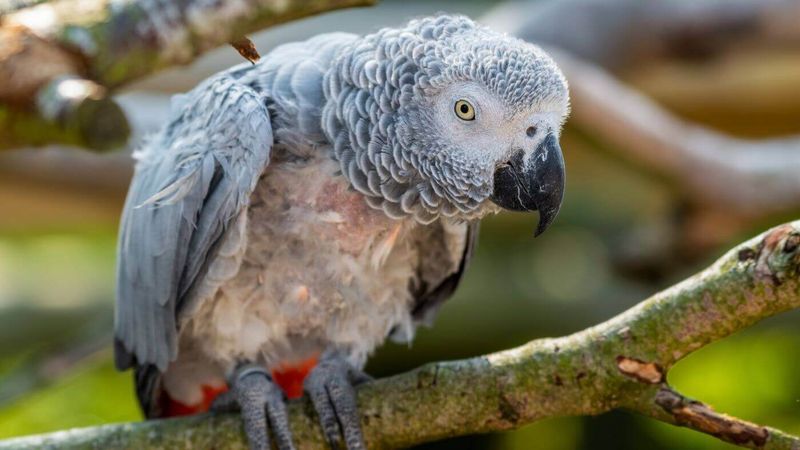
Birds sensitive to noise might pluck feathers when overwhelmed by sounds. Creating a quieter environment or providing a quiet retreat can ease their sound-induced stress.
Soft music or white noise might soothe their sensitive ears and reduce feather plucking.
11. Health Issues
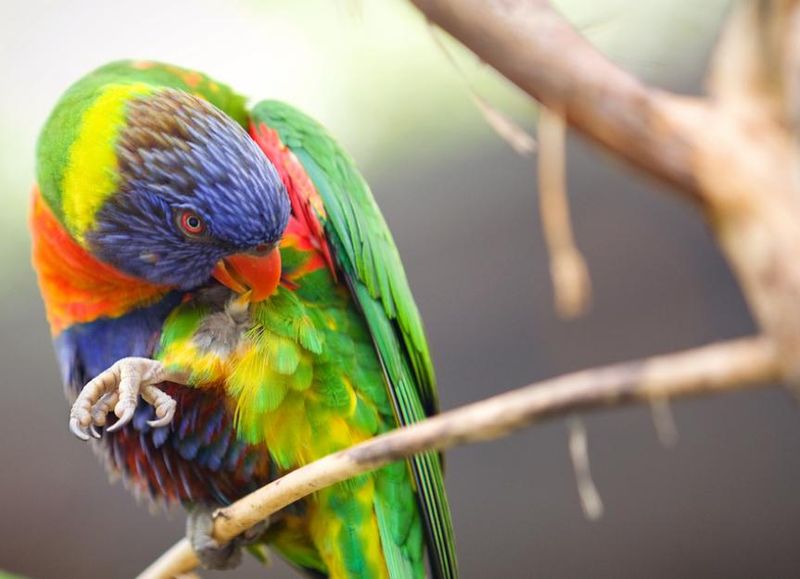
Feather plucking could be a bird’s way of signaling health concerns, like how we clutch our stomachs in pain. Underlying illnesses can manifest in this behavior, necessitating a vet visit.
Early detection and treatment ensure your bird’s well-being. Monitoring changes in behavior provides clues to their health status.
12. Temperature Fluctuations
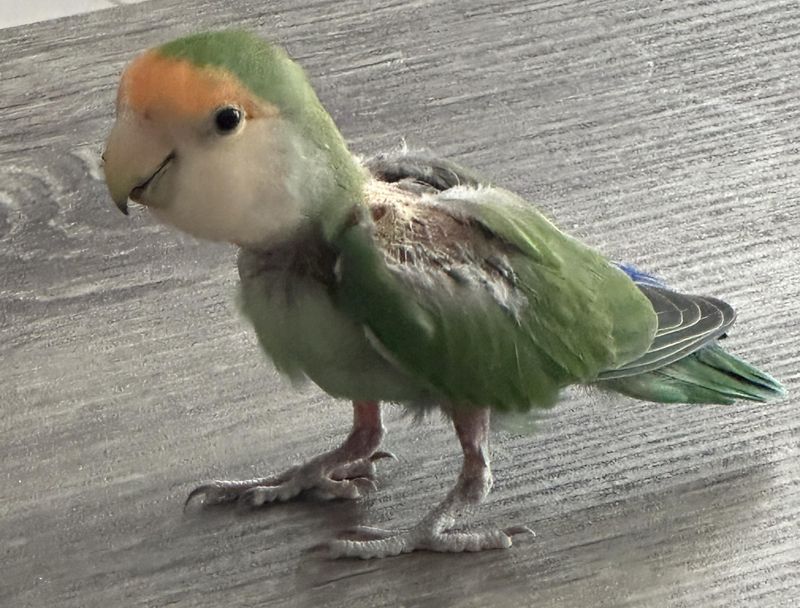
Birds don’t appreciate sudden temperature shifts either. Extreme changes can lead to feather plucking as they attempt to regulate comfort.
Maintaining a stable temperature range ensures their environment is cozy and pluck-free.
13. Molt Cycle Confusion
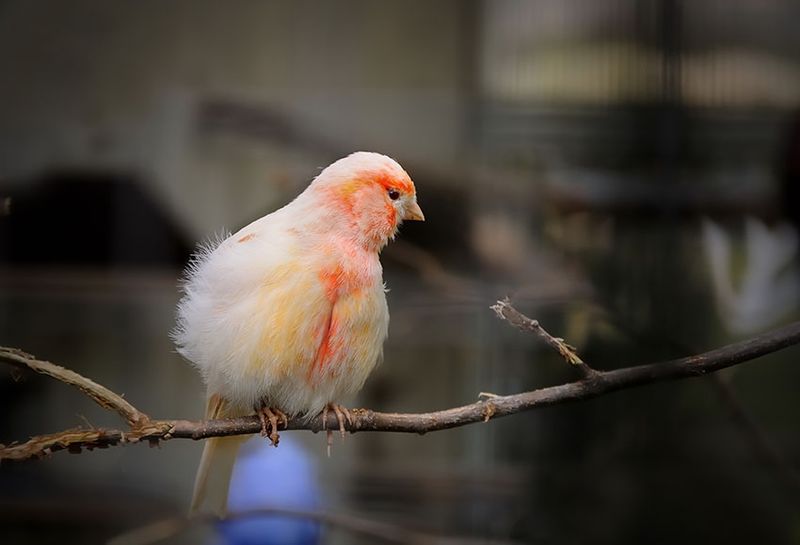
Birds naturally lose feathers during molting, but confusion can cause them to pluck excessively. It’s akin to a teenager unsure about a new hairstyle.
Understanding their molting pattern helps differentiate normal shedding from problematic plucking.
14. Parasitic Infestation
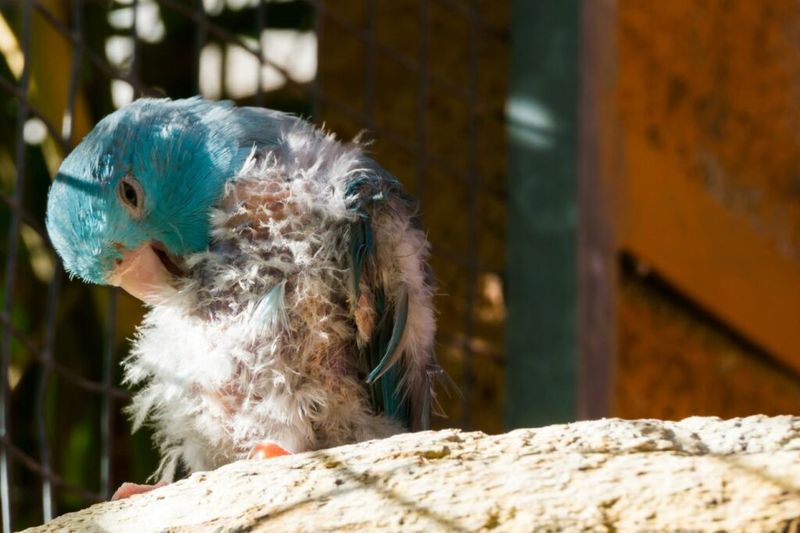
Imagine tiny invaders crawling on your skin. Parasites like mites can cause birds to pluck feathers in discomfort.
Maintaining cage hygiene and regular inspections keep these pesky critters at bay.
15. Medical Side Effects
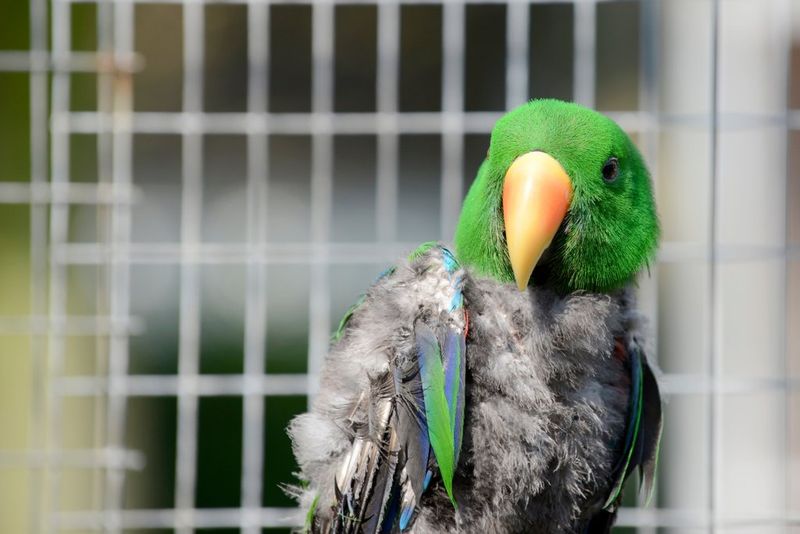
Sometimes, medication side effects can lead to feather plucking, much like humans experiencing drowsiness.
Regular vet consultations ensure your bird receives care that minimizes adverse side effects on their plumage.

